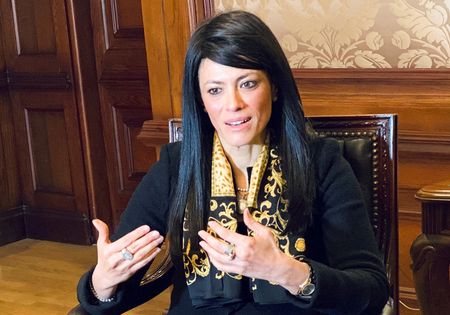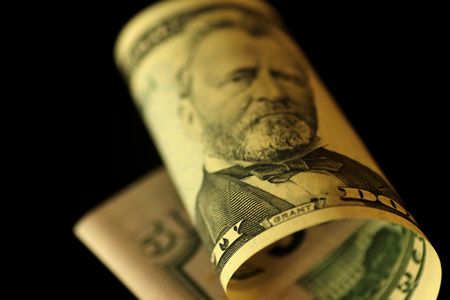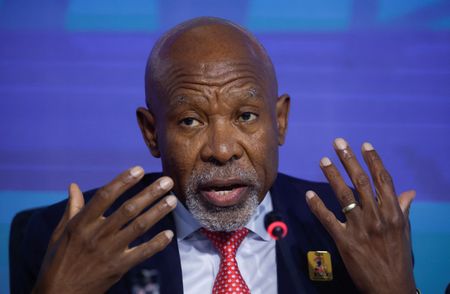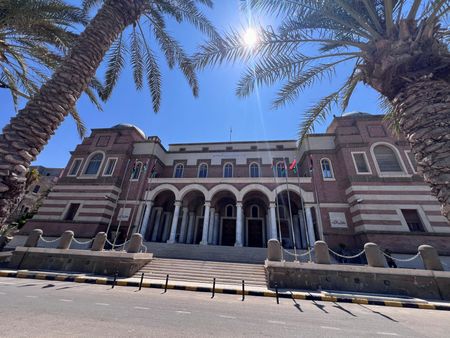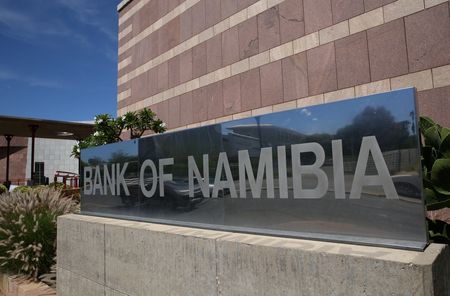By Tarek Amara
TUNIS (Reuters) -The Tunisian government will request again in 2026 exceptional direct funding from the central bank up to $3.7 billion, the budget bill seen by Reuters showed on Wednesday, in a move aimed at filling the fiscal deficit, given the scarcity of external financing.
Tunisia is grappling with a severe financial crisis marked by high public debt, weak growth, and limited access to external funding since President Kais Saied seized almost all powers in 2021, in a move that the opposition called a coup.
The economic strain has put pressure on the government to find urgent solutions to stabilize the country’s finances and maintain essential public services.
The government this year borrowed $2.3 billion to repay urgent debts, a move experts have warned could push the country into a spiral of inflation.
Tunisia will need internal and external financing amounting to 27 billion dinars in 2026, almost the same as this year, and may issue sukuk worth 7 billion dinars ($2.3 billion) in 2026 for the first time.
Experts warned Tunisia’s renewed heavy reliance on domestic borrowing risks depleting available resources, potentially diverting the banking sector’s focus away from financing the real economy toward covering the government’s budget deficit.
The budget is projected to grow from 59.8 billion dinars to 63.5 billion dinars.
The government also plans to raise wages in both the public and private sectors over the next three years and will impose a 1% wealth tax on properties valued above 5 million dinars.
(Reporting By Tarek Amara; Editing by Chris Reese, Rod Nickel)


